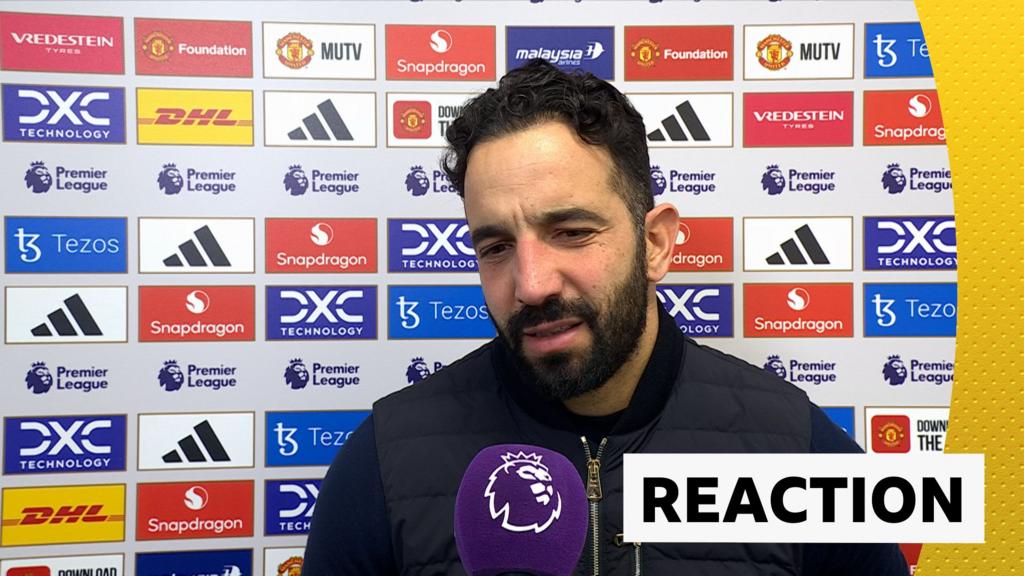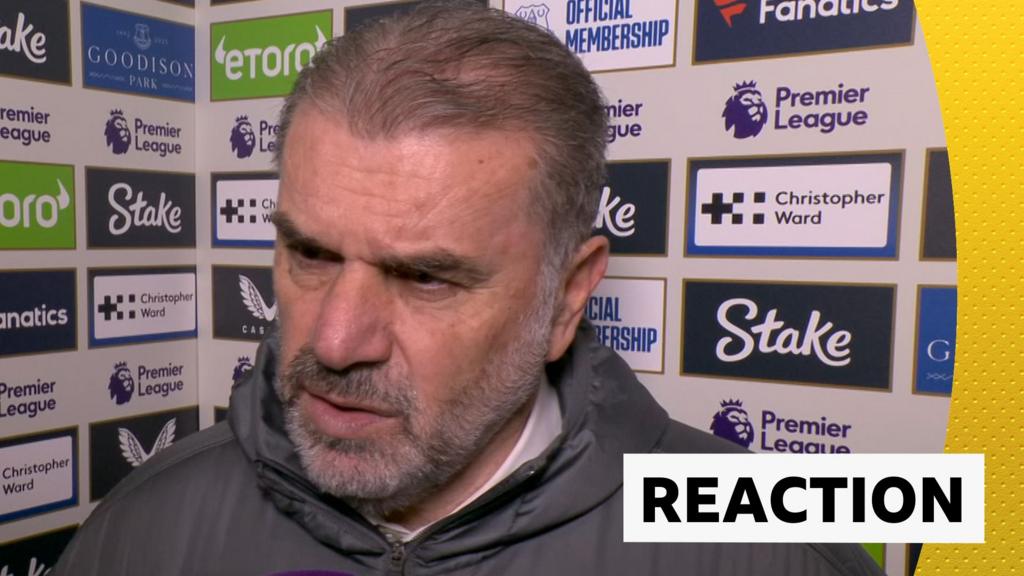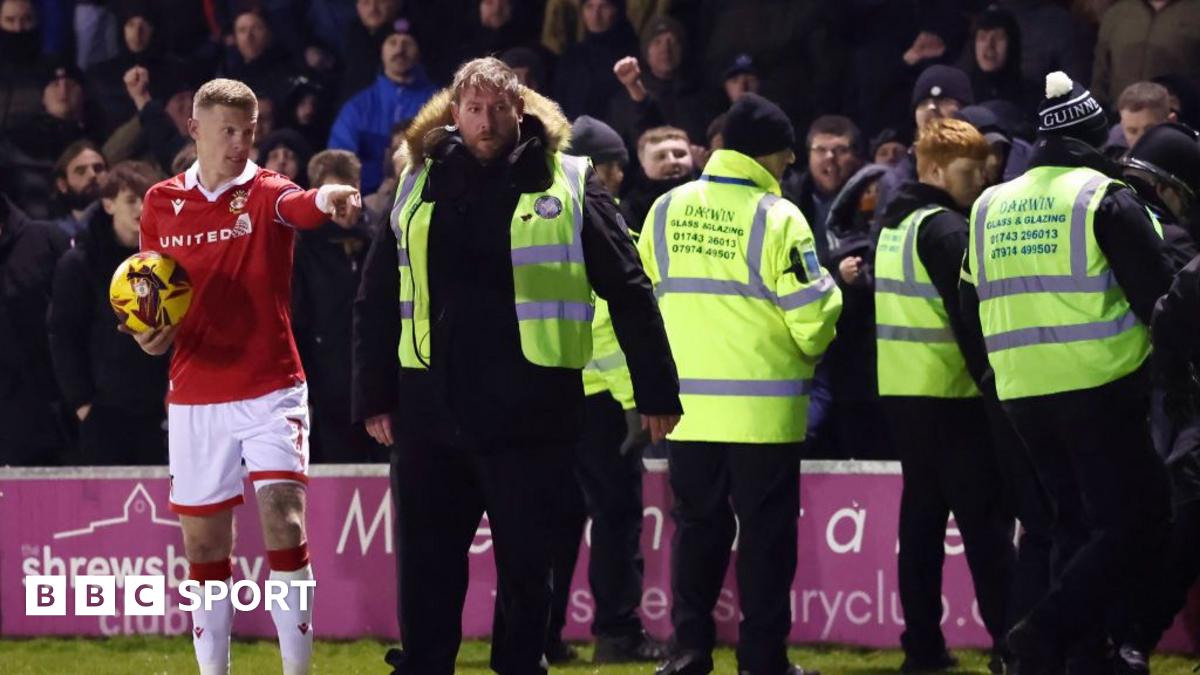ARTICLE AD BOX
 Image source, BBC Sport
Image source, BBC Sport
The Ballon d'Or apart - and many believe it is a travesty he never claimed that - Andres Iniesta has won it all.
A select number of players have achieved football's 'Holy Trinity' of trophies - the Champions League, European Championship and World Cup - but Iniesta stands out as the only player to have won man of the match awards in the finals of all three competitions.
The little magician from Fuentealbilla, a small village in the province of Albacete in the east of Spain, retired aged 40 in October after an illustrious playing career.
His journey took him north from Albacete to Barcelona, five and a half hours away, as a shy, achingly homesick 12-year-old, all the way to becoming the most-decorated Spanish footballer with 35 trophies, including two Trebles with Barcelona, nine La Liga titles, four Champions Leagues, the World Cup and two European Championships.
Success for the humble maestro was only a matter of time. In 1999, after Barcelona Under-15s captain Iniesta scored the winning goal in the Nike Premier Cup, first-team skipper Pep Guardiola told fellow midfielder Xavi: "You're going to retire me." He then pointed to the young Iniesta, adding: "But him - he's going to retire us all."
Fast forward a quarter of a century and it is a relaxed, charming Iniesta who is reflecting on his stellar career, retirement plans and his intentions for the future.
I find him in Dubai, his most recent stop after six seasons with Japanese club Vissel Kobe and then some time in the United Arab Emirates where he has played this season and where he plans to take his coaching badges.
Image source, Getty Images
Image caption,Andres Iniesta won the Champions League four times with Barcelona
'I am very calm with the next step'
"I normally have everything under control," Iniesta says when talking about retirement. "And now, I'm in another phase. But equally you still have your routines, whether that be to take your kids to school or do other things where you have to stick to certain timeframes.
"I am very calm with the next step [after playing] - that’s the truth.
"Many times, even though you knew about the quality and the talent of those players, the Messi, Busquets, Xavi, Thierry Henry and so many more alongside you, you were in awe at times of the technical moments. It's so great to be able to have a job where you can really enjoy and savour such moments."
I remind him of a story he told years ago about what happened the day after Messi won the Ballon d'Or in January 2011 when the vote was split between Xavi and himself on the back of Spain winning the World Cup.
The next training session Messi was so extraordinary that both Spanish players had to agree he deserved all the individual awards. "Actually, I take your word for it," he laughs.
"I cannot remember that day. But it does not matter. I have lived very often days like that, where I felt I was in the presence of something very special."
Many great coaches helped to improve Iniesta as a player, very often in different ways.
Guardiola with his vision, coaches like Luis Enrique and Luis Aragones for their conviction, gameplan and dealings with players, or Louis van Gaal - who gave him his debut - for his clarity and straightforward attitude.
Vicente del Bosque holds a special place in his heart for the calm way he managed the group and how he translated his gameplan and ideas to players.
But Iniesta concludes one thing they all had in common was their "spectacular football brains, because they are the very best".
Image source, Getty Images
Image caption,Iniesta's friend Dani Jarque died from a heart attack in 2009
His road to footballing immortality did not come without cost, personally and professionally.
The death of his great friend Dani Jarque from a heart attack, aged just 26, while speaking to his girlfriend on the phone from his Florence hotel room during an Espanyol pre-season training camp in 2009, then chronic injury prior to the 2010 World Cup plunged him into a spiral of depression that impacted massively on his life and seriously threatened his career.
If professional counselling and the love and support of those closest to him, not least that of his beloved wife Anna Ortiz, helped pull him through the darkest of days, then it was his winning strike in the 2010 World Cup final against the Netherlands, and his reaction to it, that would help bring some kind of closure to that period of his life - and in the process propel him from footballing great to national icon.
His simple, heartfelt, hand-written tribute to his friend on his vest - "Dani Jarque - siempre con nosotros [always with us]" that he revealed after scoring will be remembered as one of football's most touching and iconic moments.
The standing ovations he would now receive wherever in Spain he played with Barcelona - including at the homes of derby rivals Espanyol and Clasico opponents Real Madrid - were always about much more than football.
What next for Iniesta?
Retirement might now allow him to spend more time with wife Anna, who he started to date in 2008 before marrying in 2012, three daughters and two sons.
Back in 2014 the couple lost an unborn son because of a miscarriage.
It will perhaps also afford him more time with his beloved first football club Albacete Balompie, which he has backed financially on more than one occasion.
Currently living in Dubai, Iniesta says: "Our plan was for me to stop playing here, in the UAE and to be able to stay here. Here I have started a course to become a manager.
"All my life I have been thinking as a player, but now I have to think in another way. It's a new world. Not totally new, but there are many new things for me to learn.
"It’s the same as when I started to play - all I wanted to do was learn, and the more that I learned, the better. Now I will try to do the same [as a manager]."
Iniesta is fully aware of the influence his many years at Barcelona will have on his coaching style.
"Obviously, I have grown up with, experienced and felt a certain way of understanding football and the game during my whole career," he says.
"It is what I lived throughout my time in Barcelona with the coaches there, with the philosophy of that club. So, I intend for my team to have a recognisable style as much as any team does with its coach.
"But who knows? Maybe in X years when I am a coach we will be talking about other new things. Nowadays though, and this sounds like a cliche, it is so hard to win because every single team is super-prepared."
Iniesta has been much more than a great footballer. In his own words, what matters "more than rivalry, your team or your colours, is to be human and a good person".
Be it on the pitch, in the boardroom or wherever he chooses to live the next chapters of his life, we almost certainly have not heard the last of Andres Iniesta.

 2 months ago
9
2 months ago
9








 English (US) ·
English (US) ·